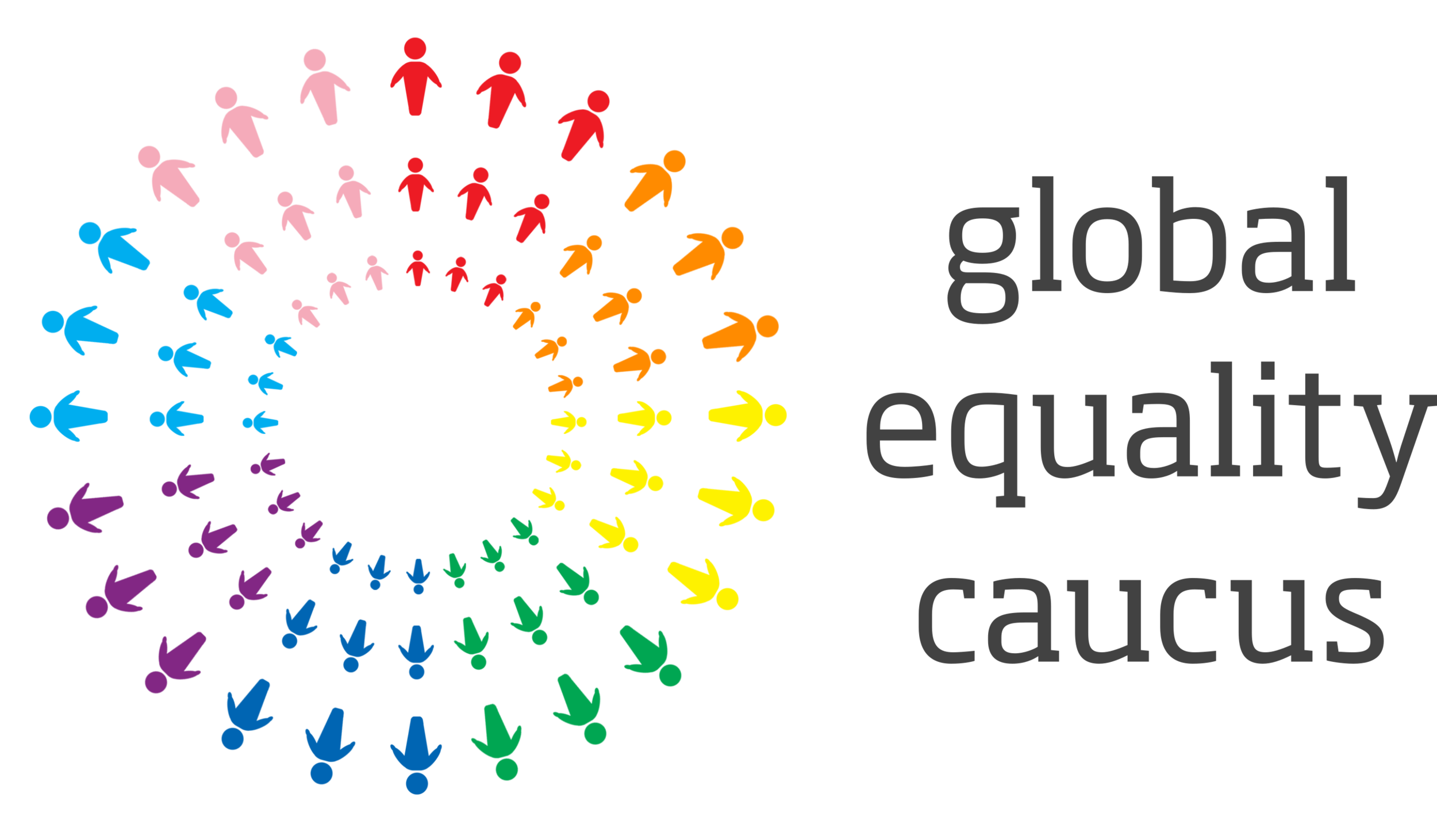Global Equality Caucus at the World Health Summit 2025
The Global Equality Caucus has supported a delegation of legislators to attend the World Health Summit in Berlin (12-14 October 2025), a major forum for leaders in global health to shape future policy and health programming around the world.
Lawmakers from Ghana, Lesotho, Malawi, Namibia, Sweden, Uganda and the United States attended a series of engagements around the Summit to platform key issues in the HIV response, including the importance of equitable policies for key populations, resilience in HIV programming and health systems, and the need for sustainable international financing to end the epidemic.
Political Leadership on HIV
At the German Bundestag, GEC alongside UNITE, UNAIDS, and STOPAIDS, under the Global Parliamentary Platform on HIV and AIDS, convened a high-level meeting focused on advancing political solutions to global HIV priorities. Over 40 participants, including parliamentarians, health experts, civil society representatives and private sector stakeholders, gathered to explore how legislators can champion health equity, ensure accountability, and drive the political will needed to end the epidemic.
Key speakers included Winnie Byanyima (Executive Director, UNAIDS); Professor Quarraisha Abdool Karim, the 2025 Virchow Prize laureate; and German health minister Dr. Georg Kippels MdB, who emphasized that ending the HIV epidemic demands bold political action, sustainable and equitable health financing, and comprehensive legal reforms to remove structural barriers faced by LGBT+ people and other marginalized communities. Discussions underscored the need to address persistent health inequalities affecting key populations and the crucial role of lawmakers in shaping inclusive health systems.
National Leadership in a Fragmented World
In partnership with ViiV Healthcare, GEC hosted a WHS side event titled National Leadership in a Fragmented World: Investing in HIV Responses to Build Resilient Health Systems. The session highlighted that multinational partnerships, alongside strong national leadership and accountability, are crucial to renewing responses, inspiring confidence and turning political commitments into measurable action.
Legislators, health experts, and advocates agreed that community-led services and inclusive policy reform are key to ensuring equitable access, particularly for migrants and other vulnerable populations. The discussion underscored that HIV investments not only save lives but also fortify health systems more broadly.
Strengthening Partnerships for Accountability
GEC delegates also met with representatives of the Global Fund and the German Federal Ministry for Economic Cooperation and Development (BMZ). Conversations focused on transparency, the efficient use of development aid, and strategies for parliamentary advocacy. GEC delegates look forward to future opportunities to strengthen transnational collaboration.
A Call for Renewed Commitment
The World Health Summit concluded with major developments, including Germany’s €1 billion commitment to the Global Fund and a renewed call from global leaders to overhaul health governance and financing models.
The sessions provided a space for global leaders to underline how the HIV response must remain grounded in human rights, equity, and inclusion, with legislators playing a critical role in mobilizing the political and financial resources necessary.
Regarding the programme at the World Health Summit, GEC Head of Operations Andrew Slinn said:
“It is vital that legislators are included in conversations about global health as they make and scrutinize the laws that underpin health systems, ensuring that marginalized people can equitably access care. Our mission at the Summit was to give visibility to the HIV response and the urgent need to sustain international will to end the epidemic, ensuring the health needs of key populations like LGBT+ people are not ignored at a time where financial commitments are under strain. We supported a delegation of legislators from the Global South at the Summit who highlighted how vital HIV services in their countries are threatened by a fragmenting world, and we were pleased to facilitate conversations about how this can be offset by strong partnerships and centering resilience through domestic financing and aid efficacy.”
GEC is deeply grateful to participate in platforms that bring together legislators from around the world to exchange knowledge, experiences, and best practices. These spaces are essential for fostering collaboration and building political will to advance evidence-based policies that address the social and structural drivers of the HIV epidemic.




